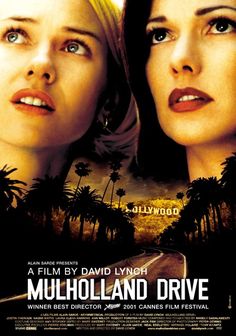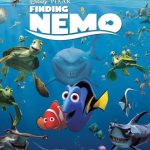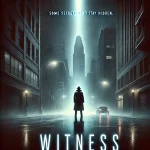Mulholland Drive (2001)

🎥 Mulholland Drive (2001) – A Mysterious Descent into Hollywood’s Darkest Dreams 🎥
Mulholland Drive, directed by David Lynch, is a surreal journey into the twisted underbelly of Hollywood, where reality and dreams blur into a haunting, complex narrative. The film follows the story of Betty Elms (Naomi Watts), an aspiring actress who arrives in Los Angeles with dreams of stardom. Her life takes a strange turn when she crosses paths with an amnesiac woman, Rita (Laura Harring), who has survived a car accident on Mulholland Drive and is struggling to remember her identity.

As Betty helps Rita investigate her mysterious past, their journey leads them deeper into a labyrinthine world of hidden secrets, forbidden passions, and dark revelations. Lynch’s storytelling defies conventional narrative structure, immersing viewers in a kaleidoscope of emotions and clues that demand constant attention. The film’s plot twists and cryptic scenes, set against a noir-inspired Los Angeles, create a world that feels like a fever dream, where symbols and characters appear with a chilling unpredictability.
Naomi Watts delivers a standout performance as Betty, capturing both the innocence and determination of an actress new to Hollywood’s illusions. Her transformation throughout the film mirrors the descent into a psychological thriller, as Betty’s aspirations unravel into paranoia, lust, and desperation. Laura Harring as Rita is equally compelling, embodying the enigmatic allure of a woman lost in her own mind and identity. Their chemistry drives much of the film’s emotional tension, exploring themes of identity, memory, and the facade of Hollywood glamour.

With iconic scenes, such as the haunting Club Silencio performance, Mulholland Drive continually subverts expectations. Lynch’s use of surrealist elements—including time loops, dream sequences, and ambiguous characters—forces viewers to question what is real and what might be a figment of Betty’s imagination. His haunting score and dark cinematography add to the film’s intense, disorienting atmosphere, making it feel like a descent into Hollywood’s hidden nightmares.
More than a mystery, Mulholland Drive is a meditation on the dangers of obsession, fame, and unfulfilled desires. It offers a raw look at Hollywood’s seductive, yet often destructive, appeal and how the pursuit of dreams can warp reality. The film’s layered narrative and open-ended conclusion invite endless interpretation, establishing it as a masterpiece of modern cinema that continues to captivate and perplex audiences.

In the end, Mulholland Drive is an unforgettable cinematic experience—a haunting puzzle that lingers long after the credits roll. Its blend of mystery, suspense, and surrealism has solidified its status as one of David Lynch’s most acclaimed works, a film that challenges viewers to lose themselves in Hollywood’s shadows and question their perceptions of reality.











